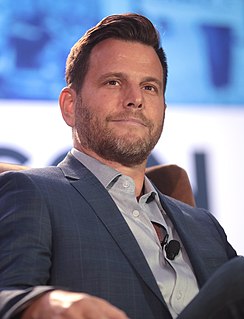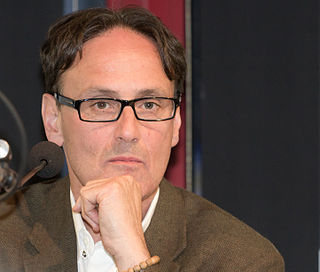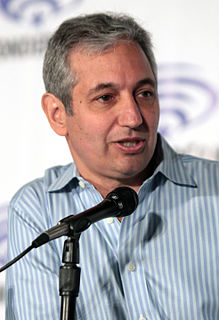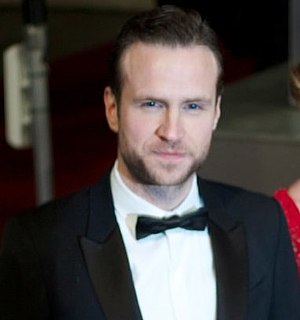A Quote by Robert Munsch
I tell the stories in front of audiences and wait for something to happen. It's similar to a standup comic doing his schtick for an audience.
Related Quotes
Audiences of critical thinkers are my favorite kinds of audiences. There are jokes I tell in the show that don't get laughs unless I am in front of an audience of critical thinkers. Put me in front of a crowd of science teachers or astronauts! The guileless aren't our audience - it's the critical thinkers we love.
...it's always been difficult for us to lead an examined life as a corporation. I've always felt like a company has the responsibility to not wait for the government to tell it what to do, or to wait for the consumer to tell it what to do, but as soon as it finds out it's doing something wrong, stop doing it.
Writers shouldn’t underestimate the difficulty of what they’re doing, and they should treat it with great seriousness. You’re doing something that really matters, you’re telling stories that have an impact on other people and on the culture. You should tell the best stories you can possibly tell and put everything you’ve got into it.
I think you have to do the stories that interest you and hope an audience likes it, rather than doing stories that you think the audience will like, whether you like them or not. I think there has to be something that you find compelling and interesting, and then hopefully an audience will agree with you.
There are stories in the Bible about people telling other people how to do things. When you hear this young man say "we don't give up," that's something human beings who win will tell you every time. Breaks will happen. When they happen, you keep the same mind about what you're doing. It's about we the people getting on with our lives and doing it that way.
In any kind of comic scene you're going to perhaps push the boundaries of plausibility but as long as there is some semblance of logic I think as an audience you'll buy it and as an actor, when it comes to playing things like that, it gives you something to delve into. When I don't buy into a comic scene is the type of scenario where you'd just go: "Well, that would never happen."



































